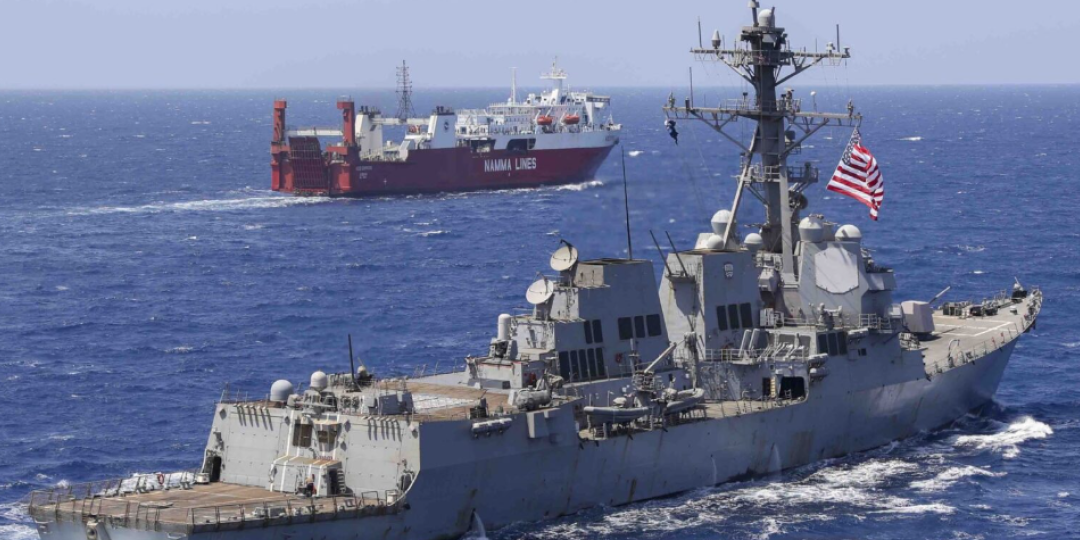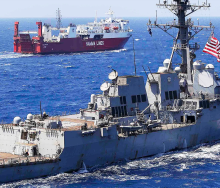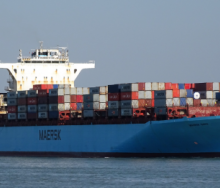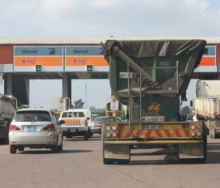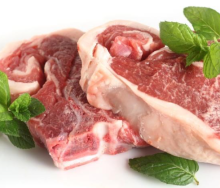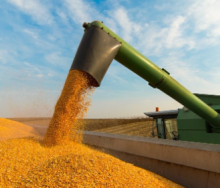The instability in the Red Sea is fuelling global oil prices that could rise further if conflict escalates, the latest Bureau for Economic Research Weekly Review shows.
Annual headline CPI inflation in the US accelerated from 3.1% to 3.4% in December on the back of a slightly faster-than-expected 0.3% month-on-month increase, the report noted.
“Core inflation, which excludes food and energy, was also somewhat higher than forecast at 3.9% year-on-year (y-o-y), but down from November’s 4%. Following the release, futures markets slightly cut back expectations that the Federal Reserve would implement its first rate cut in March already,” the BER economists said in the report.
“Markets will be keeping a close eye on inflation (and labour market) data for evidence that price pressure has abated enough for the Fed to consider lowering borrowing costs. The same holds for the major European central banks across the Atlantic Ocean – and, of course, the SA Reserve Bank (SARB). Indeed, the timing and magnitude of global and local rate cuts will be a key theme for 2024.”
China’s CPI report released on Friday also revealed slightly higher-than-expected numbers, although it remains in negative terrain for a third month. CPI fell by 0.3% y-o-y in December.
“The main drag is still pork prices, which were down by 26.1%. Factory-gate inflation (PPI) fell by 2.7% y-o-y, up from 3% in November. Meanwhile, exports rose by 2.3% y-o-y as imports increased by a mere 0.2%, resulting in the trade surplus widening to $75.3 billion, from $68.4bn before,” the report said.
For the full year, exports declined by 4.6% and imports fell by 5.5%.
“Interestingly, due to a significant rise in vehicle exports to Russia and a surge in demand for electric vehicles in general, China is likely to have overtaken Japan as the world’s biggest car exporter in 2023.”
According to BER economists, another important theme for 2024 stems from the fact that more people than ever will be able to head to voting booths this year. Geopolitics is expected to remain tense as there is a range of elections across the globe, including in South Africa, culminating in the US presidential election in November.
“This could result in even more volatility for the rand exchange rate and have implications for commodity prices and financial markets,” the economists said.
“Beyond election-related jitters, financial and commodity markets are and will be impacted by the continued wars in Gaza and Ukraine and, more recently, the developments in the Red Sea. Following the seizure of an oil tanker off the coast of Oman on Thursday, there are some concerns that the threats to shipping could be spreading to the Gulf.”
This pushed oil prices higher on Thursday although most of those gains were reversed later in the afternoon.
“Following an initial spike in December after BP announced it would halt oil shipments through the Red Sea, the price dropped to below $80/barrel as supply did not seem to be impacted as much by the attacks as initially feared,” the economists added.
The oil price jumped again on Friday after news broke that the UK and US had carried out targeted strikes against the Houthi rebels.
“An escalation could risk the price increasing more significantly as it remains highly sensitive to tension in the broader Middle East,” the report said.
